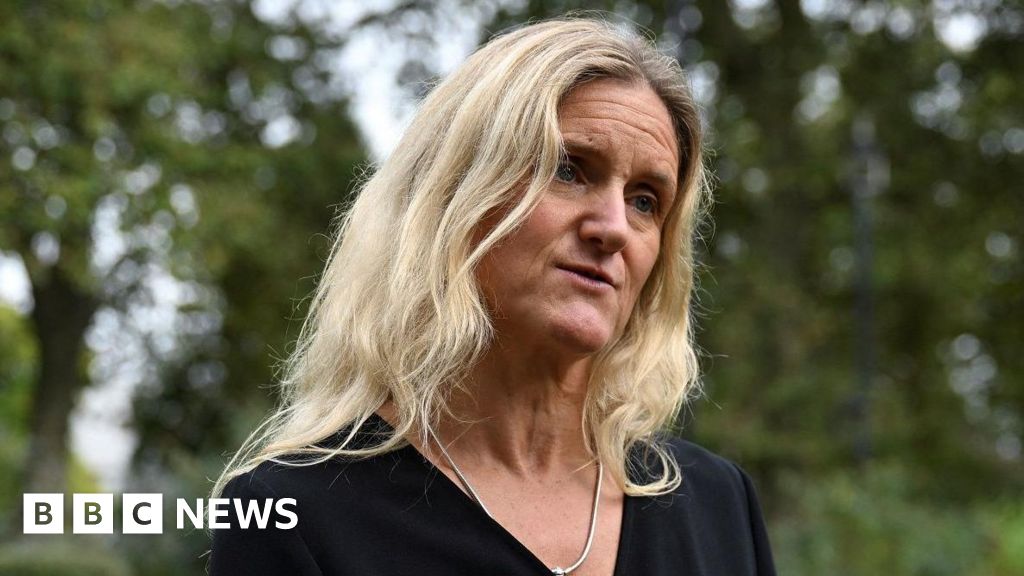Campaigners supporting the bill, including broadcaster Dame Esther Rantzen, argue terminally ill people should get a choice over how they die to avoid unnecessary suffering.
Leadbeater said the current law in the UK was “not fit for purpose” and was “leading to people having horrible deaths, taking their own lives, having to go to other countries if they can afford it”.
She told the BBC she hoped MPs would be reassured by the bill’s safeguards, adding: “What I would say to colleagues is, if you vote against the bill, or even if you abstain, you’re saying that the status quo is OK and it’s not OK.”
Dame Esther, who revealed last year she had joined Dignitas after a terminal cancer diagnosis, described the new bill as “wonderful” and said reform would stop more people having to go through “agonising deaths”.
She said unless her current medication turns out to be “totally miraculous” and extends her life by a few years “there’s no way an assisted dying law can come into force in time for me”.
Elise Burns, from Kent, is terminally ill with breast cancer and wants the option of an assisted death.
“I’m not scared to die but I am scared of a bad death – a long, drawn out, brutal, horrific death. That terrifies me,” she told the BBC.
“But also I’m concerned for my family and friends. I don’t want them to see me go through that.”
Conservative MP Kit Malthouse, who is co-sponsoring the bill, told the BBC’s World Tonight he felt a lot of the concerns raised by other MPs had been addressed by the bill’s safeguards, calling the status quo a “horror show”.
“People wanted to see a bill that was well drafted, tightly drawn, had safeguards in it requiring third party validation, but in particular these periods of reflection that allow someone to think about the decision they’re taking and to record their thinking,” he said.
However, Nik Ward, who lives in Surrey and has motor neurone disease, is against changing the law.
He told the BBC he might have sought help to die if it had been an option after he was diagnosed, but now says life is precious and he is opposed to assisted dying.
“It redefines the norms of our society, in a way that is, I think, terribly dangerous,” he said.

